Certainly not Vermonters and certainly not with regard to the beloved woodchuck. Or could they? Vermont Hard Cider Co., the makers of Woodchuck Hard Cider, is duking it out in court with Woodchuck Coffee Roasters. Woodchuck (the cider people) has evidence of actual confusion among consumers over who actually makes Woodchuck coffee. Basically, their customers are asking when they decided to branch out into coffee. That’s pretty damning evidence against the coffee people’s adoption of Woodchuck as a brand, since the point of trademark law is to prevent consumer confusion. It doesn’t necessarily mean the cider folks will win the court case, but it is certainly a legitimate reason to file one. Many people think that just because a prior trademark is for a different product (cider versus coffee for example) that it is OK to adopt the same or a similar trademark. But you do so at your peril, especially in the food and beverage space.
A few weeks ago, the makers of WOODCHUCK HARD CIDER brought an action against Woodchuck Coffee Roasters for trademark infringement based upon its WOODCHUCK COFFEE trademark. (Vermont Hard Cider Co., LLC v. Woodchuck Coffee Roasters, LLC, filed May 13, 2013 in the U.S. District Court for Vermont) According to the Complaint, consumers had begun to ask the cider makers if they were branching into coffee. This sort of evidence of possible actual confusion makes a lawsuit almost mandatory. A trademark owner can damage their trademark and the value of their brand by not taking prompt action to address consumer confusion. The Complaint also suggests that the cider company tried to negotiate a solution. No one wanted a trademark lawsuit, but here they are.
While I will leave the outcome of this case to the Court and the parties, the filing is another reminder that when it comes to consumer products, trademarks for beverages and foods can be thought to infringe each other even if they are not trademarks for very similar products. We have seen restaurants in disputes with breweries, spice makers in disputes with restaurants, packaged foods fighting grocery stores, and even a winery taking on a cigar company. The crossover among wineries, breweries, distilleries, and restaurants & bars could get downright scary. It isn’t always simple to figure out, but you should always look before you leap.
Clearing one’s trademarks before use is critically important. And proper clearance isn’t necessarily intuitive or something you should try on your own. If you are going to do your own clearance or use LegalZoom or a similar automated filing service, make sure you take a broad view of the products and companies who could find your mark confusing or threatening to their brand (and possible expansion plans). Steer clear of them if you don’t want to end up in a costly lawsuit sometime down the road.
This is a Guest Blog by Legal Expert Charles H. Knull (aka. Chuck). Chuck is the founder and owner of Knull P.C., an intellectual property boutique law firm with offices in Cooperstown, NY and New York City. He is focused on trademark and copyright dispute resolution and counseling. Contact him via www.KnullPC.com/contact.



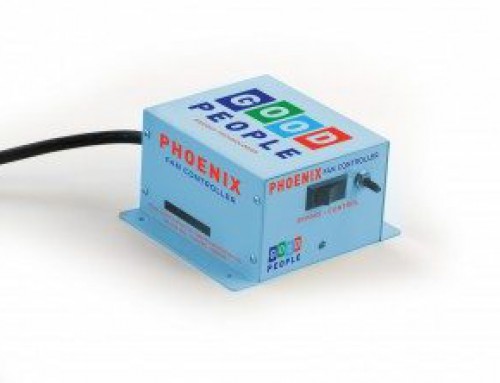
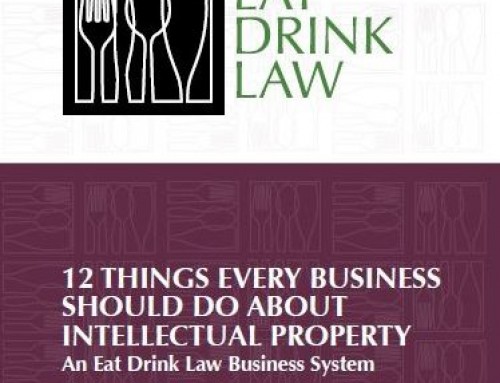
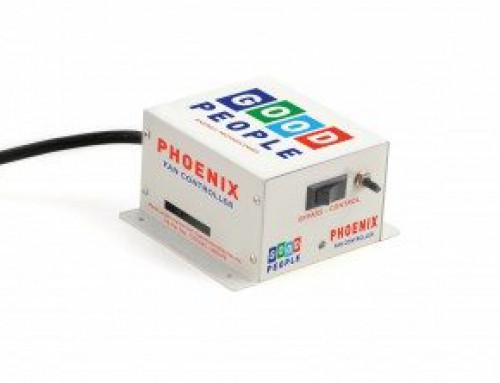
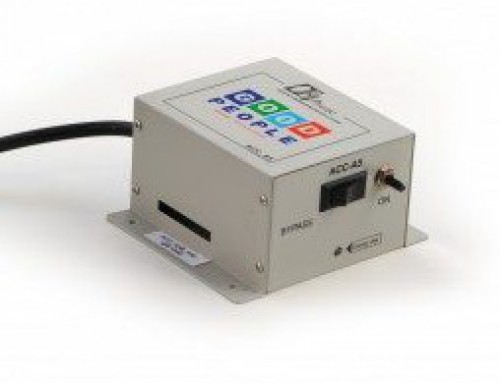
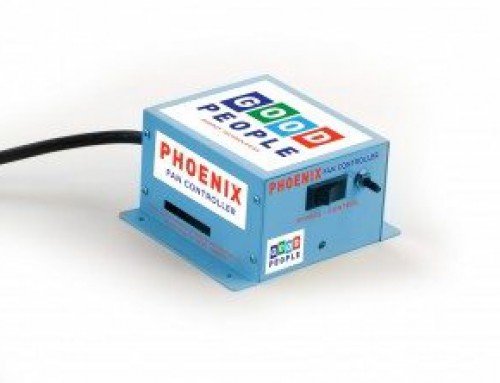
Leave A Comment